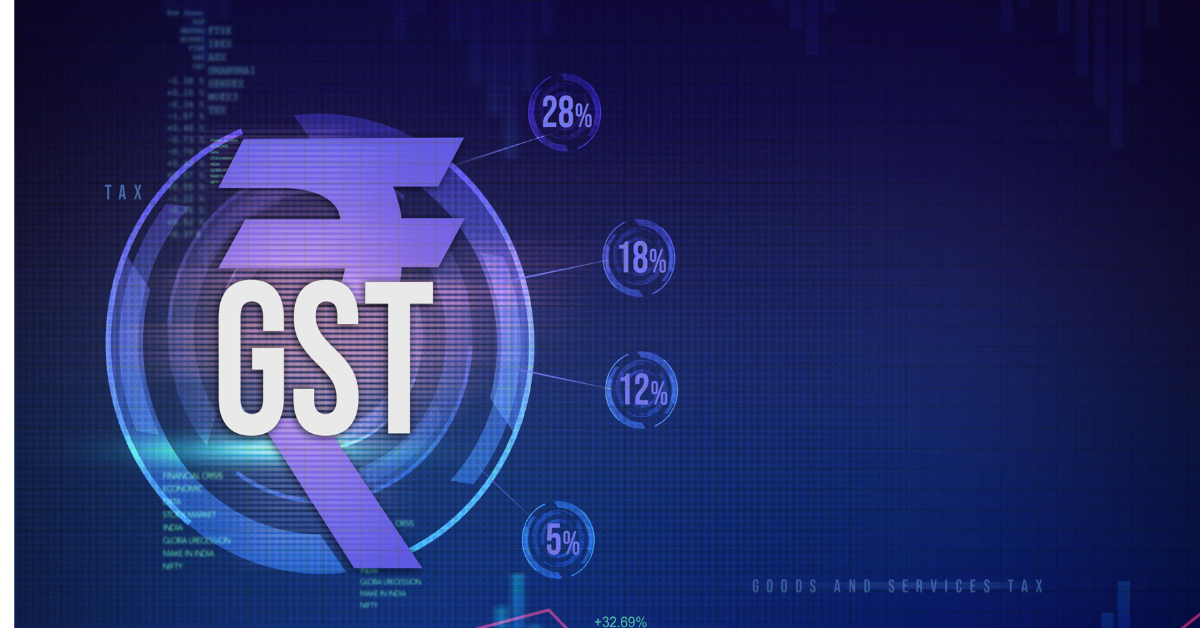SUMMARY
Advocating for a shift in tax computation from the full face value to the gross gaming revenue, industry stakeholders are of the view that the current high tax rate is detrimental, particularly for startups
Under the new GST regulations, a uniform 28% tax is applied on the full value of bets placed in online games, regardless of whether it involves games of skill or chance
Moreover, offshore gaming companies represent a significant challenge as they operate outside the regulatory framework of India
The online gaming industry is planning to approach the new government after the general elections this year to seek a reduction in the goods and services tax (GST).
Advocating for a shift in tax computation from the full face value to the gross gaming revenue (GGR), industry stakeholders are of the view that the current high tax rate is detrimental, particularly for startups within the sector, Moneycontrol reported citing a source.
With the 28% GST levied on face value currently, the online gaming industry finds itself grappling with sustainability concerns. As competition thins out under the weight of such high taxation, only larger players are expected to weather the storm.
Before October 1, 2023, the online gaming industry was experiencing a robust growth rate exceeding 20% annually. Projecting forward, if this growth trajectory were to continue, the sector could attain a monthly revenue of INR 1,100 Cr within six years, even with the Goods and Services Tax (GST) calculated on Gross Gaming Revenue (GGR), the source said.
In August last year, amendments to the Central Goods and Services Tax (Amendment) Bill, 2023 and the Integrated Goods and Services Tax (Amendment) Bill, 2023, were approved by the GST Council. Later, the Parliament approved these amendments and they came into force on October 1, 2023.
Under the new regulations, a uniform 28% tax is applied on the full value of bets placed in online games, regardless of whether it involves games of skill or chance.
For instance, if a player wagers INR 100, the new tax regime will levy a GST of INR 28 on that amount. In contrast, under the previous tax system, only an 18% GST was applicable and that too on the platform fee charged for games of skill.
It is to be noted that the government said that there would be a review of the levy after six months of its implementation.
The increase in taxation has had an immediate impact on the online real money gaming industry and startups in the sector are reeling due to squeezed margins, decline in user spending, and no clarity about the future path.Currently, well-funded gaming startups are absorbing the increase in tax rather than passing it to users.
Moreover, the offshore gaming companies represent a significant challenge as they operate outside the regulatory framework of India, evading tax obligations and syphoning funds out of the country. This phenomenon not only results in substantial revenue loss for the government but also undermines the growth potential of domestic gaming firms.
The Ministry of Information and Broadcasting (MIB) recently advised all endorsers and influencers on social media to refrain from promoting or advertising offshore online betting and gambling platforms, including surrogate advertising.
Meanwhile, Prime Minister Narendra Modi met the country’s top online gamers last week. During a freewheeling chat, Modi said there is no need for any regulations to oversee the online gaming space in India. However, he said that the sector could be uplifted by bringing it under an organised and legal structure.
Disclaimer
We strive to uphold the highest ethical standards in all of our reporting and coverage. We StartupNews.fyi want to be transparent with our readers about any potential conflicts of interest that may arise in our work. It’s possible that some of the investors we feature may have connections to other businesses, including competitors or companies we write about. However, we want to assure our readers that this will not have any impact on the integrity or impartiality of our reporting. We are committed to delivering accurate, unbiased news and information to our audience, and we will continue to uphold our ethics and principles in all of our work. Thank you for your trust and support.



![[CITYPNG.COM]White Google Play PlayStore Logo – 1500×1500](https://startupnews.fyi/wp-content/uploads/2025/08/CITYPNG.COMWhite-Google-Play-PlayStore-Logo-1500x1500-1-630x630.png)